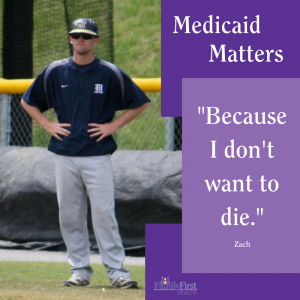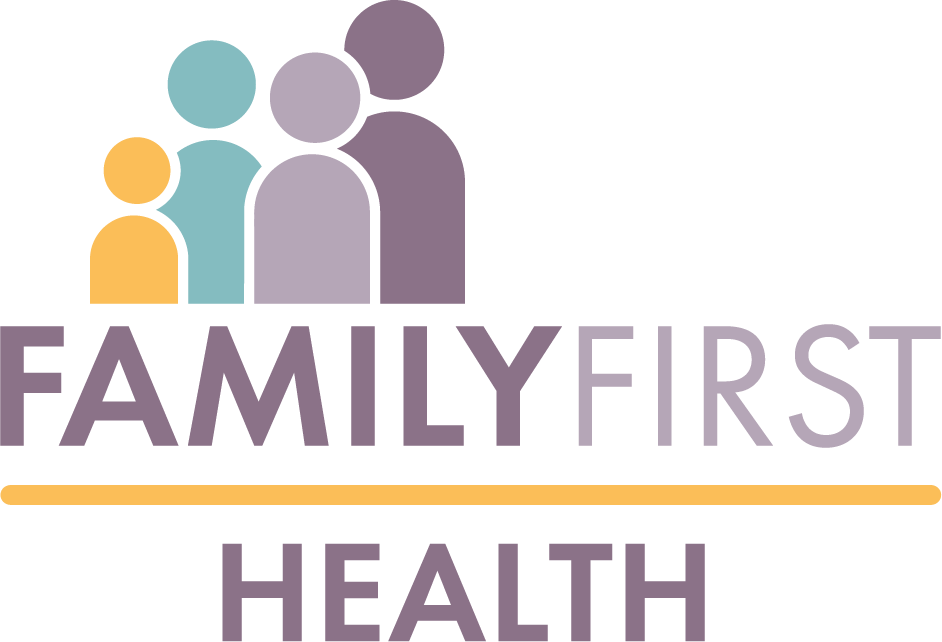This is part of a series intended to bring into focus the important role that Medicaid plays in the health of our patients, our organization and the larger community and what we all have to lose if proposed cuts to Medicaid are implemented.
Two years ago, Kim had her first heart attack. At the time, she was working four different jobs, none of which offered health insurance. She was trying to keep her head above water, feed and clothe herself, and she was working herself to death. Six months after her first heart attack, came the second. Because of her health, Kim was unable to work any longer and had to go on disability. Too young for Medicare, Kim had to apply for Medicaid. One of the five medications she takes costs $45 per month, and there is always the concern of more medical issues as she ages. Kim shared, “Altogether, my monthly medical bills could end up costing me over a thousand dollars a month and that’s not including hospital stays, ambulance costs, etc.” Without Medicaid, Kim says she would be unable to pay for housing, utilities, and food. What happened to Kim could happen to anyone, one health condition changed everything.
In cases like Kim’s Medicaid is a ‘safety net’, a way to give people access to the healthcare they need who may not be able to access traditional insurance options. In the Health Care Safety-Net Toolkit for Legislators, Melissa K. Hansen notes:
“Medicaid plays multiple roles in the health care safety net, including as an important source of financing for safety-net providers, a coverage option for vulnerable populations, and as a mechanism for policymakers to develop new payment and delivery system models.”

It is also important to remember that younger individuals are just as vulnerable, they often won’t carry insurance because they don’t feel sick at the moment. Unfortunately, sometimes disaster strikes, and you end up in the hospital with thousands of dollars in bills that you cannot afford.
Zach was diagnosed with Type 1 Diabetes when he was 10 years old. Now 27, he can no longer be on his parents insurance but still faces a lifetime of insulin, diabetic supplies, and medical appointments. A college graduate, Zach has had difficulty finding full-time employment in his field. He works as an elementary school substitute teacher and depends on Medicaid to help keep him healthy and active for the kids he teaches. Zach put it best when asked why Medicaid matters to him, “Because I don’t want to die,” he said.
Two individuals at very different points in their lives, out of millions that utilize the Medicaid ‘safety net’ every day. Medicaid users are everyone; your family, your friends, and your neighbors. They are people who need on-going healthcare assistance or just a hand up in a time of need. Medicaid matters to them because without it, they would face an unknown medical future, and it should matter to you because everyone wants a healthy community.
If you have questions about Medicaid or need help applying, please contact our patient benefits team at 717-846-6776.
_______________________________________________________________________________________________________________________________________
Shannon L. McElroy, Family First Health Marketing and Outreach Coordinator
